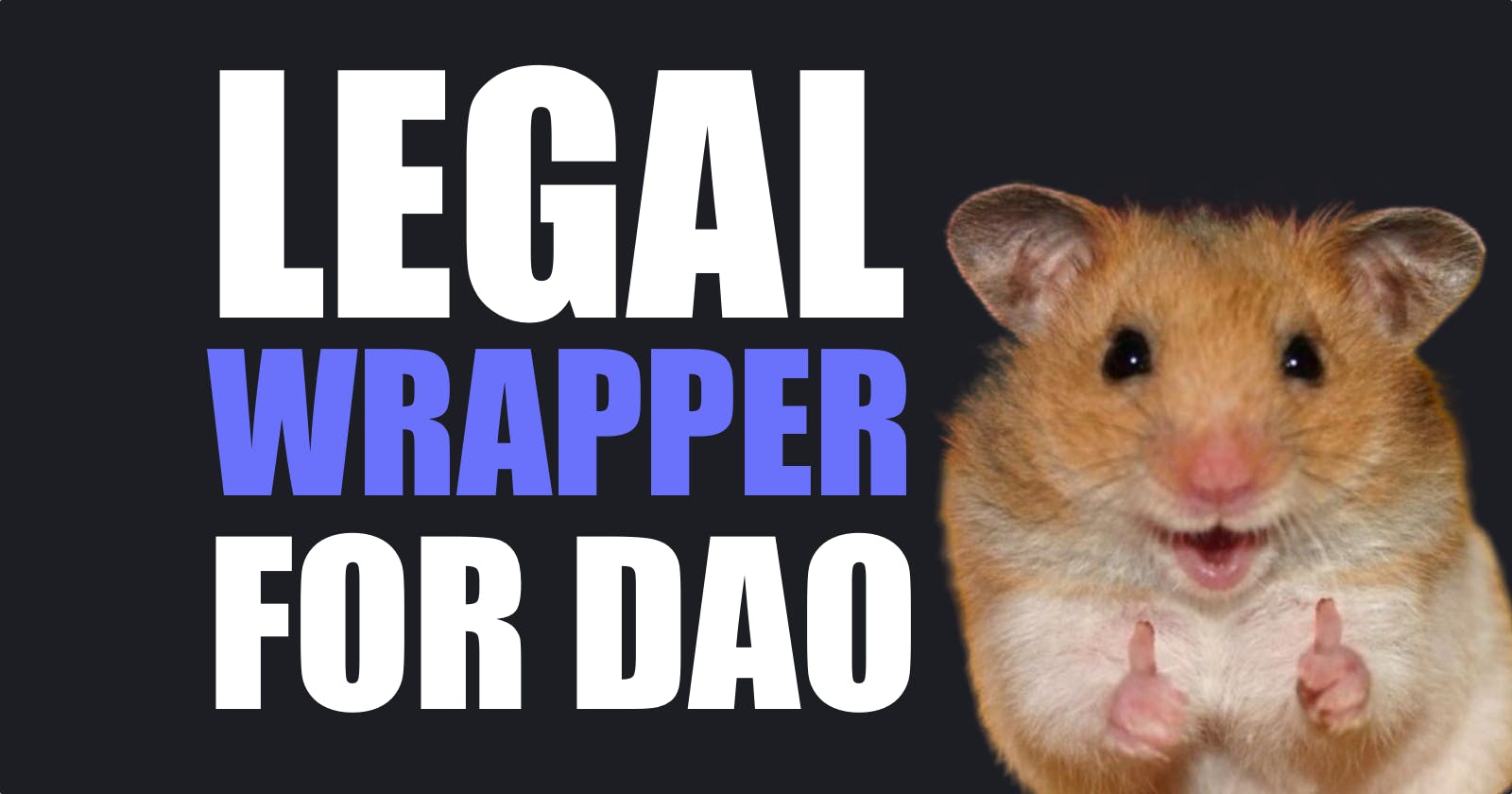Decentralized Autonomous Organizations (DAOs) are facing a significant challenge in determining their legal status. As they interact with centralized entities, such as companies or governments, two major issues arise.
First, most societal resources are controlled by centralized entities unlikely to be challenged in the short term. Second, the legal system requires DAOs to possess a legal status to govern legal relationships between parties within the DAO or network. Without legal form or personality, responsibilities cannot be allocated between DAOs and centralized organizations, hindering collaboration and the expectation of returns. Moreover, a legal wrapper is necessary to protect DAO members within the legal system.
One potential solution is to associate DAOs with existing legal personalities within the current system to provide them with a legal wrapper. However, finding an appropriate wrapper for DAOs is a complex task due to a diverse range of DAO types developed for various purposes, each potentially requiring a unique legal wrapper. Christopher Brummer and Rodrigo Seira have identified a spectrum of legal wrappers under US law that match different types of partnerships and companies, offering suitable matches for most DAO types. For instance, philanthropy DAOs have several options, and Wyoming company law has created a blockchain-based Limited Liability Company (LLC) specifically for DAOs. While these wrappers may protect a DAO registered in the US, DAOs operating in other jurisdictions may not have such options available.
Although identifying pre-existing wrappers helps address the legal problem, there is a risk of mismatch between wrappers and DAO operations. DAOs operate on principles of decentralization and democratic consensus, whereas traditional companies centralize management power in the boardroom. Much of company law focuses on adjusting the relationship between a company's board and its shareholders, which does not align with the consensus-based DAO structure. Mismatches also arise in terms of liability for token holders, who lack limited liability protection, and in decisions regarding asset distribution on liquidation. As DAOs continue to evolve, these mismatches may become more pronounced in the future.
In conclusion, determining the legal status of DAOs presents a significant challenge. While pre-existing legal wrappers can provide some protection, DAOs must be careful to avoid mismatches between their operations and the legal structures they are associated with. As the legal system evolves to accommodate DAOs, it will be interesting to see how these issues are resolved.
